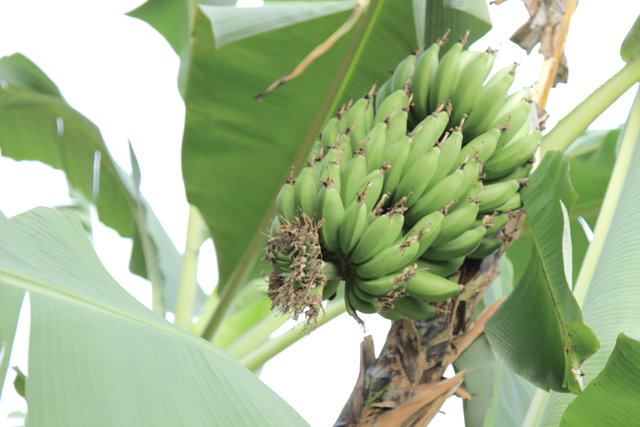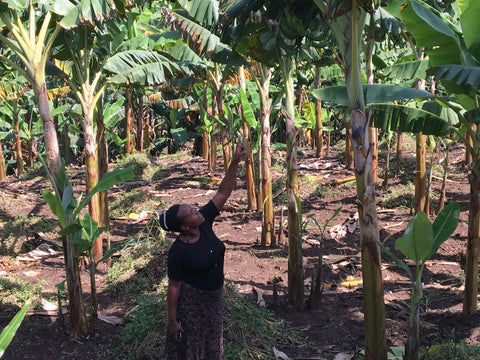While Fair Trade is a phrase that you are likely familiar with, Direct Trade is a lesser known term. Coined in the coffee industry, Direct Trade takes key properties of the Fair Trade Certification. Direct Trade removes parameters that many view as bureaucratic or exclusive, barring certain farmers from participating due to farm size. It cuts out any third party organizations as suppliers purchase directly from farming cooperatives or family-owned farms without involvement of certifying bodies.
Under standard practice, farmers will sell crops to passing middlemen, who then sell produce for hiked up prices in trading centers and markets. Because of their remote locations, farmers are often at the mercy of passing traders, and therefore, cannot ensure fair pricing. This not only results in unfair earnings for farming communities, it also has implications for levels of food waste. Whatever is unsold or unused is left to rot - both at the market and farm level.
Direct Trade requires a negotiated contract, under which both suppliers and farming communities have agreed to fair purchase levels and prices. Farmers groups can expect consistent purchases with a price point depending on seasonality. They are not limited from selling to other buyers, but guarantee a certain amount to the buyers. Farmers can commit only 10% of their harvest if they are a community that is used to a high number of passing traders or want to pursue other opportunities.
Even without certifying bodies, Amazi maintains Fair for Life social and environmental expectations. Farming cooperatives are trained on pricing, bookkeeping, environmental sustainability, organic farming, democratic group organizing, and more. Moreover, for every purchase we make, a percentage is put toward a Community Development Premium. These funds are released back to the farmers groups once a year for projects of their choosing.

With consistent buying, organized farming, and market driven purchases, farming communities are able to farm as a business. Direct Trade contracts remove the guess work as farmers realize the true value of their farms, can better advocate for themselves, and plan ahead. They learn whether they're taking a loss or a profit, whether they'll have surplus or shortage. They can leverage as a cohesive farming entity, as opposed to individuals who are only capable of selling what they grow from their particular plot of land. To us, Direct Trade is the only way to achieve the Amazi mission of building authentic and mindful value chains.



